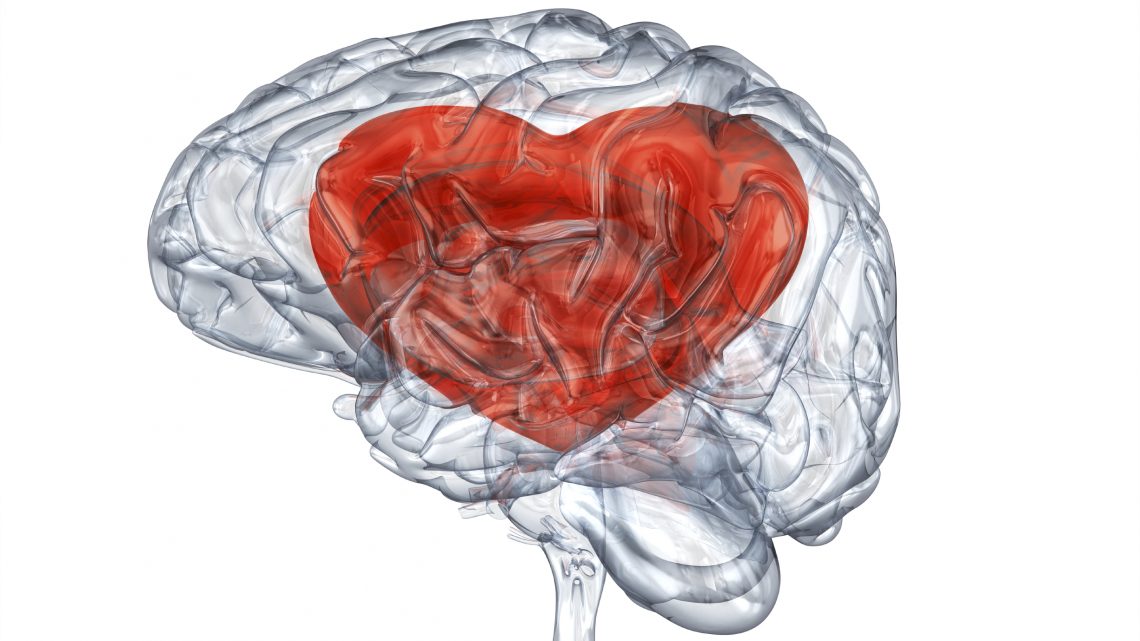Jesus said it. “You shall love the Lord your God with all your heart and with all your soul and with all your strength and with all your mind.”* There are nearly 900 references to the heart in Scripture. A number of references relate that people ‘said’ or ‘thought’ something in their heart. They were admonished to serve God with all their heart, and not let their heart be deceived, troubled, or hardened.
The Bible speaks of the desires of the heart and about obeying God’s statutes with the heart. Deuteronomy states that God would circumcise the heart and prolong life because of love for Him. There are references to melting hearts, grief stricken hearts and searching hearts. In Judges a Levite was admonished to “Refresh your heart with a morsel of bread.”
In our western culture and mindset, the heart is seen biologically, a muscle that pumps blood and maintains our circulation until we die. We view it as devoid of independent intelligence or emotion. Yet, the Bible repeatedly speaks of the heart as being an active emotional component.
As a young student, I was told that the ancient writers didn’t understand the human body because science had not made the discoveries of our modern time, so they thought the heart was the center of emotions instead of what we know now is the brain. So we were encouraged to just substitute ‘mind’ when heart was referenced in Scripture. After all, that’s where we made decisions about our relationship with God – in our mind and with our will.
Thus, it was interesting to me when I recently read** that discoveries by neuroscientists show the heart has its own independent nervous system – referred to as “the brain of the heart.” There are as many neurons (nerve cells) in the heart (at least 40,000) as in the brain. The heart’s intrinsic brain and nervous system actually sends its own information to the brain where it is assessed and a course of action is determined. However, it is not a one-way street and researchers found that the heart could and often did, make it’s own decisions even when the brain had sent a signal otherwise.
The heart also sent messages back to the brain, which it understood and obeyed. It was determined that the heart rhythms are transformed into neural impulses that directly affect the electrical activity of the higher brains centers involved in cognitive and emotional processing.
The HeartMath Solution offers some intriguing exercises for accessing your heart’s intelligence – an intelligence alluded to in Scripture. Our emphasis on logical, cognitive thinking can become a distraction from deepening our relationship with God through hearing His voice, loving Him with all our heart, and even having His law written in our heart.
How do we gently turn the eyes of our heart away from the thoughts of our brain? It is a challenge well worth considering.
*(Luke 10:27 ESV) **The HeartMath Solution, Doc Childre and Howard Martin
Sincerely,
Ann Halim, editor
Republished with permission from College View Church’s eWeekend newsletter, Aug. 7, 2014 edition










